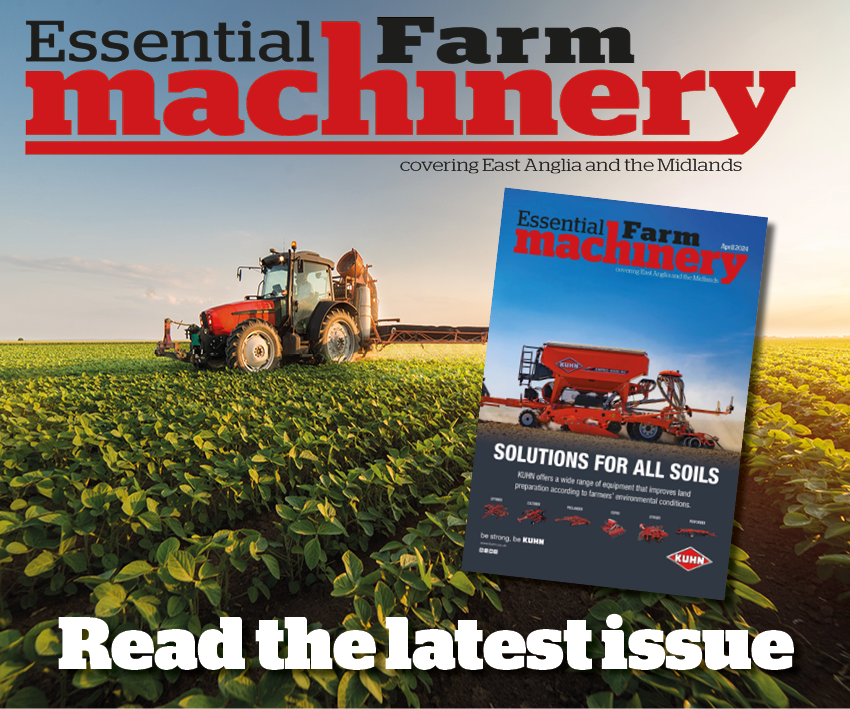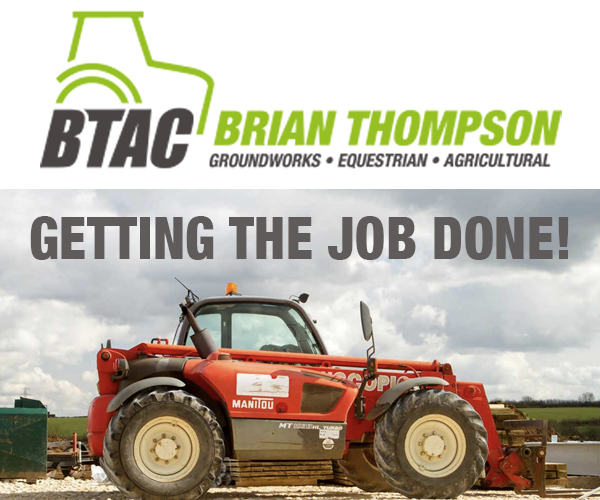

ELY CAMBRIDGESHIRE/UK – December 22, 2018. Ely Cathedral (with Maltings in front and spire of St Mary’s Church to the left), Ely, Cambridgeshire, England
A major project will investigate ways of growing new and unusual crops in the Fens while reducing greenhouse case emissions by maintaining water levels just below the soil surface.
The Fenland SOIL initative has secured funding from Natural England, with a £450,000 grant to run until April 2025. It is open to projects that help to tackle barriers to grow commercially viable wetland crops on lowland peat soils in England.
Paludiculture – or farming on rewetted peat – is a system of agriculture which enables the profitable production of wetland crops, usually by raising the water table to achieve wetland conditions.
Maintaining water levels about 10-30cm below the soil surface helps keep greenhouse gas emissions from peat to a minimum. This will help growers meet climate change targets while ensuring profitable production.
Suitable crops
A Defra review has already identified more than 80 suitable crops, although the current range of UK paludiculture crops is currently limited mostly to watercress, a range of berries and products such as mozzarella and meat from water buffalo.
A commercial scale paludiculture trial will now take place across a number of internal drainage boards cover a total area of 25,601ha – bringing the total area of opportunity to some 36,800ha by the end of the project.
Megan Hudson, general manager of the Fenland SOIL iniaitive, said: “This award gives us a real opportunity to explore the commercial opportunities for wet crops and if a viable commercial market can be created.”
Carbon storage
Peat soils contain over half the country’s terrestrial carbon stores and serve as a potent nature-based solution against climate change. But fenland drainage over the centuries means peat soils are drying out, release carbon into the atmosphere.
Lincolnshire farmer Robert Caudwell, who chairs the Lowland Agricultural Peat Task Force, said: “Reducing carbon emissions from lowland peat is vital as part of the government plan to tackle climate change.”
The government’s response was a big first step to achieving that goal, he added. “I am confident that the work that is already underway will give farmers opportunities to develop their businesses and contribute to the challenge of net zero.”
Growers switch to SFI to fend off weather woes
News Apr 2, 2024
You can push through, says young farmer
News Mar 5, 2024
New glasshouse facility at Riseholme Campus
News Mar 5, 2024
Government makes pledge on UK food security
News Mar 5, 2024
Big farmland bird count gears up for 2024
News Jan 31, 2024











